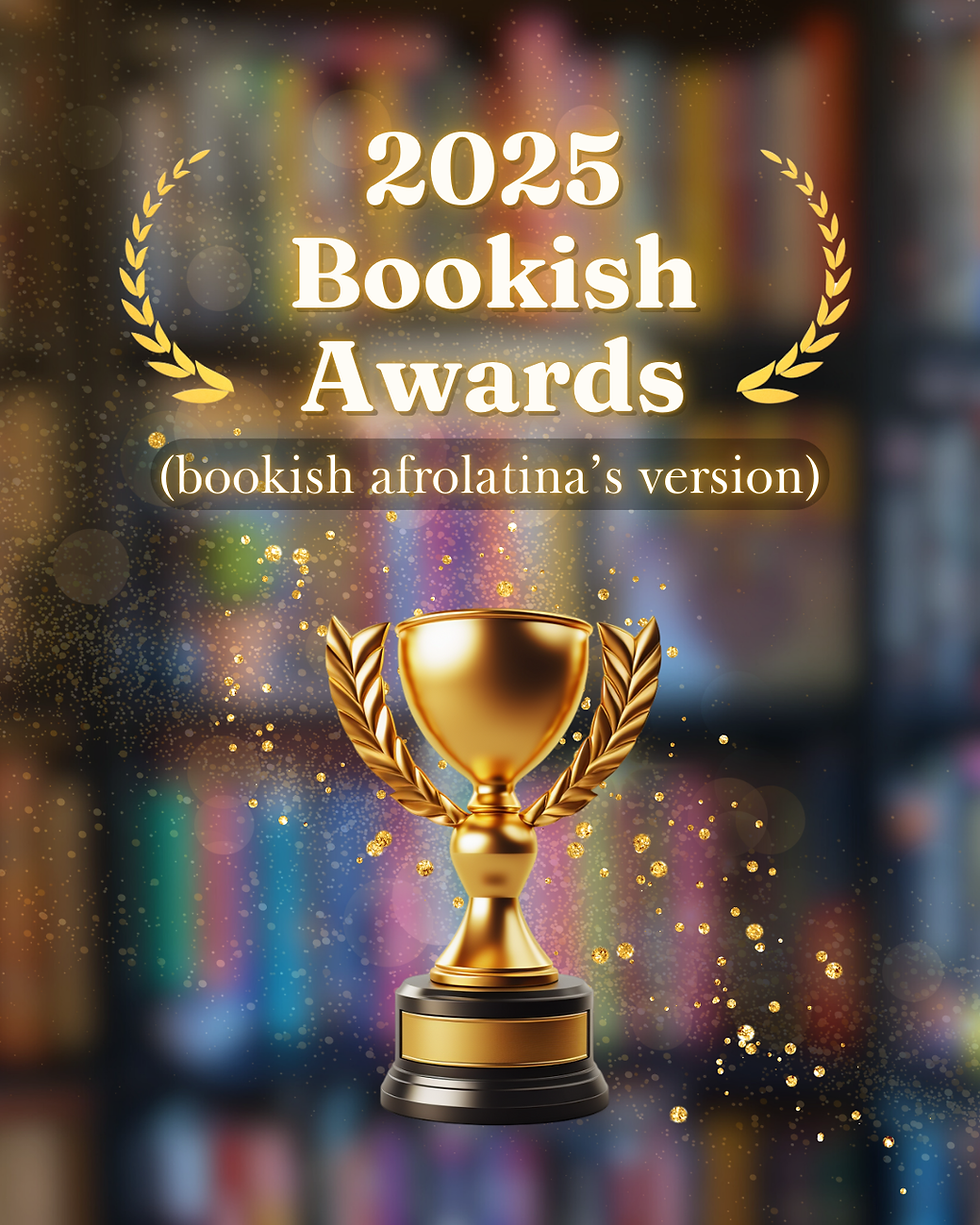The Deep by Rivers Solomon
- Gabby Womack
- Dec 15, 2021
- 3 min read

Rating: 5 stars
Genre: Science Fiction/Speculative Fiction - Afro Futurism
Representation: African American, Non-binary, Intersex, Queer
Content Warning: Enslavement, isolation, trauma, and depression
Topics: Belonging, Isolation, History & Memory, The Middle Passage
Description
“The water-breathing descendants of African slave women tossed overboard have built their own underwater society—and must reclaim the memories of their past to shape their future in this brilliantly imaginative novella inspired by the Hugo Award nominated song “The Deep” from Daveed Diggs’ rap group Clipping.
Yetu holds the memories for her people—water-dwelling descendants of pregnant African slave women thrown overboard by slave owners—who live idyllic lives in the deep. Their past, too traumatic to be remembered regularly, is forgotten by everyone, save one—the historian. This demanding role has been bestowed on Yetu.
Yetu remembers for everyone, and the memories, painful and wonderful, traumatic and terrible and miraculous, are destroying her. And so, she flees to the surface, escaping the memories, the expectations, and the responsibilities—and discovers a world her people left behind long ago.
Yetu will learn more than she ever expected to about her own past—and about the future of her people. If they are all to survive, they’ll need to reclaim the memories, reclaim their identity—and own who they really are.” - Author’s website
Review
Timeless.
This short novel holds a universe. It's amazing to see how this story developed from the music of afrofuturist techno duo Drexciya to "The Deep" track by clipping. I was pulled in by the concept of a historical connection to mermaids and the idea of escaping traumatic memories. Solomon's writing is what kept me glued to the tale. I love the way they tied in the memories of the first Historian and the revolutionary Historian.
I knew I was going to relate to Yetu as I am an historian, but I didn't expect to feel so seen. Solomon's description of Yetu's isolation and the weight of History when it is only carried by one feels so real. Like Yetu, I've often wondered whether I even want to continue to carry my knowledge because of it's painful and depressing nature. Her loneliness stems from only being able to share this burden once a year and being so overwhelmed by it that she is unable to engage in anything else. Originally, when I read this book, I remembered feeling like Yetu does when I was working on my grad school thesis. Everyone who writes a research paper like that knows that it is exhausting, but the topic I chose included a lot of heaviness as I learned just how insidious white supremacy is.
"What is belonging," we ask. She says, " Where loneliness ends."
As I continue to do research and learn, I've seen how sharing this information in my daily life has repelled some people. Now, as I reflect on this story, I realize that my frustration isn't necessarily that I feel alone in carrying this history. It's that I know how many people seem to not want to hear it and how that burdens those who continue to be negatively affected by white supremacy and nationalist propaganda. There are some people who come to understand, after they learn this history, that they must be a part of remembering it if they want things to change. There are others who either decide to ignore this knowledge because they benefit from it or who choose not to engage so that they may continue living happily in ignorance
I recommend this book to everyone ages 14 and up, especially in courses like Philosophy, English/Literature, and Sociology.







Comments